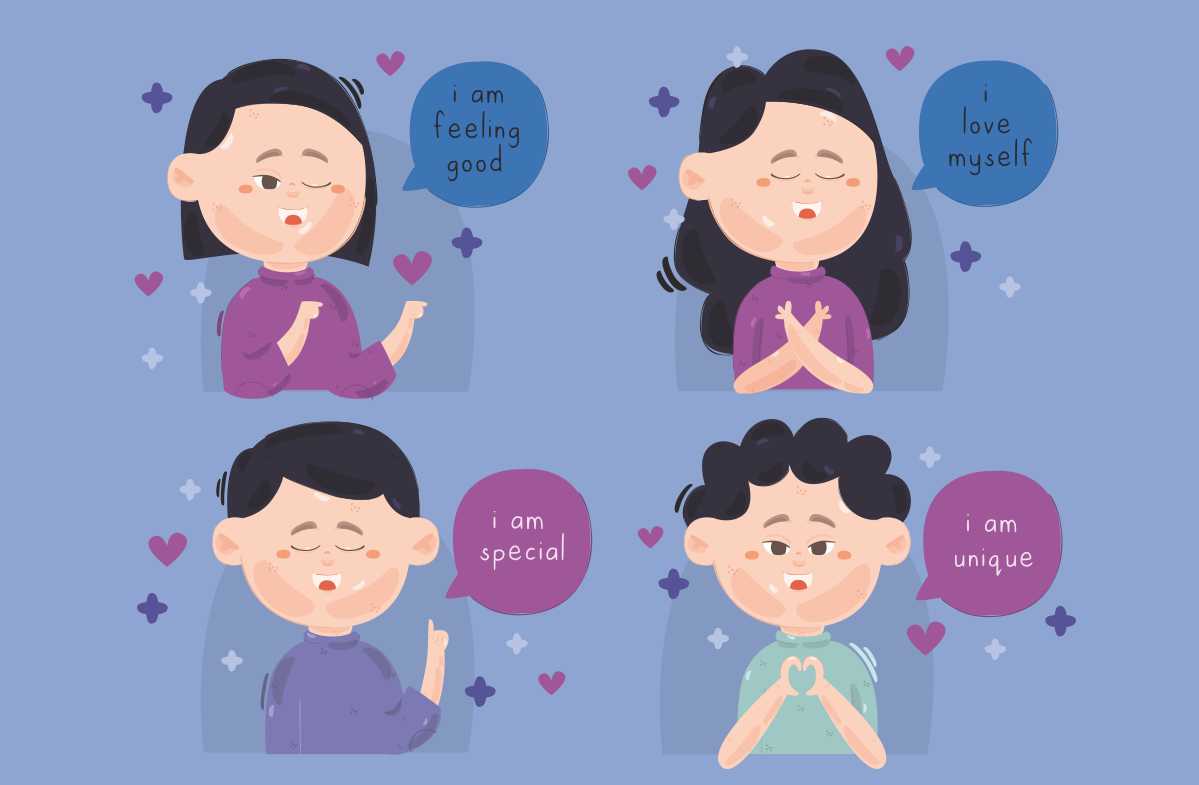
PROBLEM STATEMENT
In today’s rapidly evolving society, the mental health of our youth stands at a critical juncture. The growing need for psychological assistance among children and adolescents has become an undeniable reality. This need has been exacerbated by the global COVID-19 pandemic, which, with its ensuing social isolation, has significantly intensified existing mental health issues. The pandemic has spotlighted the vital importance of mental health as a foundational aspect of youth development, crucial for enabling an active, socialized life in the future.
The urgency of addressing this issue cannot be overstated, particularly against the backdrop of complex social and global challenges. Among the most pressing concerns is the psychological and psychiatric care required by children and adolescents bearing the scars of war trauma. These young individuals urgently need support to navigate the severe impacts of their experiences.
Moreover, children and adolescents from at-risk groups face heightened vulnerabilities. The early and proactive provision of psychological support plays a pivotal role in minimizing these risk factors, fostering resilience, and promoting healthier developmental trajectories. However, a significant barrier to accessing necessary care is the often prohibitive wait times for free services, which typically require referrals and are bogged down by lengthy queues.
In essence, the stabilization of the psychological well-being of our younger generation is not just an individual concern but a societal imperative. The future development of our society is inextricably linked to the mental health of its youth, making the timely provision of psychological support not just beneficial but necessary.
Key POINTS
- The escalating demand for psychological support among youth, amplified by COVID-19 and social isolation;
- The critical role of mental health in the developmental journey of children and adolescents towards leading active and socialized lives;
- The acute relevance of these issues amid challenging social and global circumstances;
- The pressing need for psychological and psychiatric assistance for youth with war-related trauma;
- The importance of early and proactive psychological intervention for at-risk youth to mitigate risk factors;
- The challenges posed by lengthy waits and the need for referrals for accessing free psychological services, underscoring the need for more accessible mental health support.
PROJECT GOALS
The “Accessible Support” program is dedicated to setting a robust foundation for the psychological well-being of vulnerable children and adolescents. Our objectives are tailored to meet the urgent and diverse needs of today’s youth, focusing on delivering professional and timely psychological aid. Here are the core goals of our initiative.
- Provision of qualified and timely psychological assistance: at the forefront of our mission is ensuring that vulnerable categories of children and adolescents have immediate access to qualified psychological support. This goal addresses the critical need for timely interventions that can significantly alter the life trajectory of young individuals facing mental health challenges.
- Development of emotional intelligence: we aim to cultivate emotional intelligence among children and adolescents. By enhancing their ability to understand, use, and manage their emotions in positive ways, we empower them to relieve stress, communicate effectively, empathize with others, overcome challenges, and defuse conflict.
- Promotion of assertiveness: building assertiveness in young individuals is key to fostering their self-confidence and self-esteem. This skill is vital for enabling them to express their thoughts and feelings in a respectful and confident manner, essential for healthy interpersonal relationships and self-advocacy.
- Minimization of the impact of psychological traumas: whether stemming from life events or the horrors of war, psychological traumas can have long-lasting effects on youth. Our program is committed to minimizing these impacts, providing the support needed to navigate and heal from these experiences.
- Long-term support for mental well-being: our vision extends beyond providing immediate relief from current psychological difficulties. We are dedicated to ensuring the long-term mental well-being of the youth, equipping them with the tools and resources necessary for successful socialization and an active life in the future. This encompasses coping strategies to manage stress, build resilience, and foster a positive outlook.
- Reduction of the psychological effects of bullying, discrimination, and other forms of psychological violence: acknowledging the profound impact that bullying, discrimination, and psychological violence can have on an individual’s mental health, our program places a strong emphasis on addressing and mitigating these psychological effects. Through education, support, and intervention strategies, we aim to create safer environments for all children and adolescents.
By achieving these goals, the “Accessible Support” program endeavors to create a future where every child and adolescent has the opportunity to thrive emotionally, mentally, and socially, laying the groundwork for a healthier, more resilient society.
Key PointS
- Ensuring immediate access to qualified psychological assistance for vulnerable youth;
- Fostering the development of emotional intelligence and assertiveness;
- Minimizing the long-term impact of psychological and war-related traumas;
- Providing comprehensive long-term support for mental well-being and successful socialization;
- Addressing and reducing the psychological consequences of bullying, discrimination, and psychological violence.
IMPLEMENTATION METHODS
The “Accessible Support: Psychological Assistance Program for Youth” employs a comprehensive approach to provide psychological support, utilizing various methods and tools to achieve its objectives. Here are the key implementation methods of the program:
- individual consultations for children and adolescents – offering personal meetings with qualified psychologists to discuss and work through individual issues and anxieties.
- individual consultations for parents – sessions aimed at supporting parents in raising and ensuring the psychological well-being of their children, as well as teaching effective parenting interaction strategies.
- psychological trainings – designing and conducting trainings tailored to the specific needs and circumstances of groups of children or adolescents, aimed at developing stress management skills, emotional intelligence, and assertiveness.
- support groups – creating a safe environment for peers facing similar issues to share experiences and emotions, which helps reduce feelings of isolation and stigmatization.
- psychotherapy – applying professional therapeutic methods to process and overcome psychological traumas and issues.
- informational materials – developing and distributing printed and online informational materials aimed at raising awareness about mental health nuances and available support mechanisms.
- equine therapy (hippotherapy) – using therapeutic contact with horses as a means to achieve emotional balance and improve mental health.
- nature therapy – organizing outdoor activities aimed at improving mental state through interaction with nature.
- art therapy – using artistic creativity as a way to express and process emotions, aiding in the restoration of emotional well-being.
These implementation methods were selected to ensure the most effective and targeted support, adapted to the individual needs and circumstances of the program’s participants, ensuring their psychological well-being and aiding in their successful socialization and development.
OUR EXPERIENCE
Every day, our foundation is approached by parents facing a broad spectrum of psychological issues with their children, from navigating severe life situations to recovering from significant traumas, including those resulting from military conflicts. We recognize the critical importance of our support and actively provide psychological assistance through various methods.
To date, we have supported over 1000 children and adolescents, many of whom are refugees and migrants. Our foundation regularly works with Ukrainian child refugees in Poland, many of whom have endured wartime traumas and require qualified psychological assistance. These efforts underline our commitment to providing essential psychological support to those most in need, regardless of their geographic or cultural origins.
We developed and implemented a program for the Spilno Poznań integration and support center for Ukrainian refugee children, created and funded by UNICEF. This program allowed us to conduct psychological training for children and adolescents, art therapy sessions, and consultations, all tailored to the specific needs of the participants. A unique feature of the program was the use of Foka Paro, a Japanese therapeutic robot known for significantly reducing stress levels, as recognized by the Guinness World Records. This innovative approach has had a profound impact on the unique support provided to the children under our care.
In 2022, Yulia Talayeva, a psychologist from our foundation, initiated the creation of a crisis psychological support center. Thanks to collaboration with the Da Vinci Personal Development Center, volunteer psychologists have provided crucial support to Ukrainian refugees, showcasing our flexibility and readiness to respond to the urgent needs of those we serve.
Through these initiatives, our foundation has demonstrated unwavering commitment to the psychological well-being of children and adolescents facing challenges. Our extensive experience in providing targeted support has been a beacon of hope for many families, affirming our role as an essential element of the community support system.
FUND ALLOCATION
The funds received by the “Accessible Support: Psychological Assistance Program for Youth” are earmarked for a variety of critical needs, ensuring the continuation and expansion of our vital services. Here’s how we plan to allocate these resources:
- professional services compensation – a significant portion of the funds will be allocated to remunerate our dedicated specialists, including psychologists, psychotherapists, and art therapists. These professionals are at the heart of our operations, providing the expert care and support our participants rely on.
- materials for consultations, therapy, and trainings – the effective execution of our consultations, therapy sessions, and training programs requires a range of materials. Funding will support the purchase of these necessary resources, allowing for engaging and impactful sessions.
- creation and distribution of Informational Materials – in our commitment to raising awareness and providing support beyond direct consultations, we will invest in creating and distributing both printed and electronic informational materials. These resources are crucial for educating the community and offering guidance on psychological well-being.
- rental fees for facilities – our programs require safe and welcoming spaces where participants can feel comfortable and supported. Funds will cover the costs of renting such spaces, ensuring that our services are accessible to those who need them.
- costs for therapeutic field sessions – recognizing the therapeutic benefits of nature and animal interaction, part of the funding will go towards covering the expenses of outdoor therapeutic sessions, including visits to natural settings and stables. These experiences can offer profound benefits for mental health and are an integral part of our holistic approach to therapy.
- administrative expenses – o ensure the smooth operation of our projects, a portion of the funds will be allocated to administrative costs directly related to the implementation of the program. This includes but is not limited to, operational costs, staff training, and other essential administrative activities.
Through careful and transparent allocation of funds, our foundation is committed to maximizing the impact of every donation received. By investing in these key areas, we aim to enhance the quality and reach of our services, providing vital support to children and adolescents navigating psychological challenges.
Notice: Test mode is enabled. While in test mode no live donations are processed.





